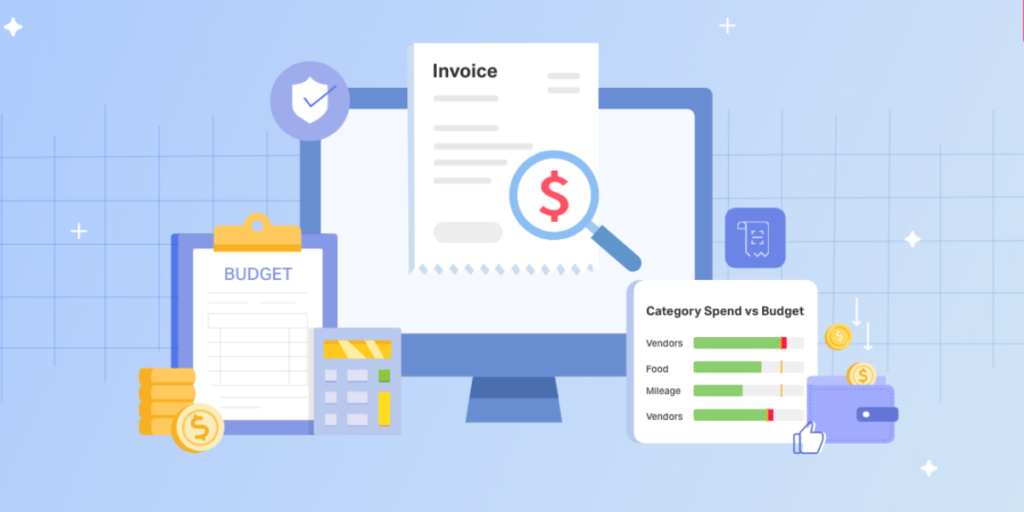The Point: Artificial intelligence (AI) is not just a new technological frontier but also a major catalyst poised to redefine labor productivity. As a result of reading PWC’s AI report titled, “Sizing the prize – PwC’s Global Artificial Intelligence Study: Exploiting the AI Revolution (What’s the real value of AI for your business and how can you capitalize?)” I produced a five (5) part series of articles. This article explores how by automating routine tasks and enhancing the capabilities of the human workforce, AI holds the potential to significantly boost global GDP. This article will delve into how AI technologies can augment labor productivity and the implications of this change… Enjoy!
The Productivity Revolution for Labor from AI
The advent of Artificial Intelligence (AI) has brought us to the brink of a productivity revolution. Labor, one of the key factors of production, is witnessing an unprecedented transformation under the influence of AI. The PwC “Global Artificial Intelligence Study” underscores this shift, highlighting the ways AI technologies can augment labor productivity and catalyze significant GDP gains.
How AI Enhances Labor Productivity
At its core, AI mimics human cognition and can learn from experiences, make decisions, and carry out tasks more efficiently over time. It’s an invaluable tool for enhancing labor productivity in two major ways: automation and augmentation.
- Automation entails AI systems taking over manual, routine tasks, thus freeing human workers to focus on more complex and strategic activities. From data entry and report generation to scheduling and customer service, AI can perform a myriad of tasks with greater speed and precision.
- Augmentation involves AI technologies enhancing human decision-making capabilities. By providing actionable insights from large data sets and complex scenarios, AI allows workers to make better, faster, and more informed decisions, thus increasing overall productivity.
The Role of Automation in the Labor Force
Automation through AI is expected to be a significant driver of productivity gains. By taking over repetitive tasks, AI not only boosts efficiency but also reduces the possibility of errors, thus enhancing output quality.
In the manufacturing sector, AI-powered robotics is used for assembly lines, improving speed and precision. In the services sector, chatbots are increasingly handling customer queries, providing 24/7 service and quick responses.
However, it’s important to note that automation doesn’t equate to job losses. While certain roles may become redundant, AI also opens up new job opportunities in areas like AI management, data analysis, and AI system training.
The Power of Augmentation in the Labor Force
Augmentation leverages AI to boost human capabilities. It aids employees in complex problem-solving and decision-making by providing insights derived from vast amounts of data.
For instance, in healthcare, AI systems can assist doctors in diagnosing diseases, sometimes even identifying conditions that may be overlooked by human eyes. In finance, AI can help analysts predict market trends, enabling more informed investment decisions.
Augmentation enables a shift from mundane tasks to more strategic roles, thus leading to a more engaged, innovative, and productive workforce.
Summary
AI’s transformative impact on labor productivity can lead to profound GDP gains. Automation and augmentation, the two primary mechanisms of this transformation, hold the potential to reshape the global workforce and redefine roles.
While the potential of AI is enormous, it also requires businesses to navigate the challenge of integrating AI technologies into their existing processes and manage the cultural changes within the organization. This includes investing in re-skilling and up-skilling workers to prepare for an AI-driven future.
It’s clear that the AI revolution isn’t merely about technology – it’s about people, their work, and the future of productivity.
Sam Palazzolo, Managing Director @ Tip of the Spear Ventures
Sources
- PwC’s Global Artificial Intelligence Study: Exploiting the AI Revolution [https://www.pwc.com/gx/en/issues/analytics/assets/pwc-ai-analysis-sizing-the-prize-report.pdf]



